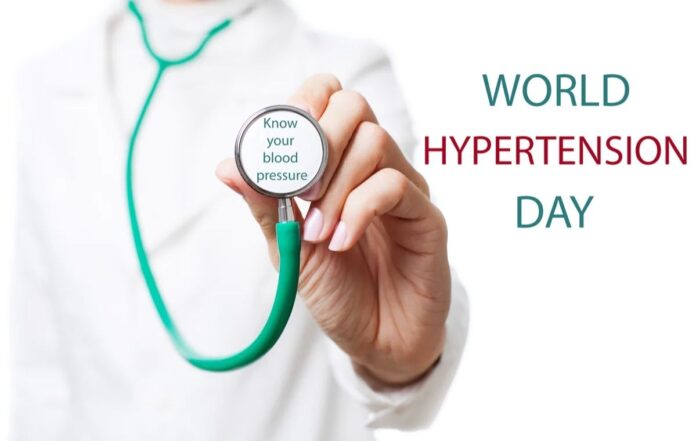World Hypertension Day is on May 17. It is a day to raise awareness about high blood pressure and its symptoms. Hypertension also called high blood pressure, is when the blood pressure is higher than 140/90, which is not healthy. When the reading goes over 180/120, it is considered to have reached a dangerous level.
Over a billion people live with high blood pressure, which is a major cause of heart disease and early death around the world. Hypertension used to be thought of as a health problem that mostly affected older people. However, it is now very common among younger people.
Young people often get high blood pressure because they are overweight, have bad eating habits, and don’t move around much. Long-term high blood pressure also makes a person more likely to get chronic kidney disease, stroke, heart failure, and other health problems.
WHD: History
The World Hypertension League, which is made up of 85 national hypertension societies, held the first World Hypertension Day on May 14, 2005. The goal was to bring more attention to the condition. The next year, the day was on May 17, and it has been done every year since then. The goal of the World Hypertension League is not only to raise awareness about high blood pressure but also about what causes it and how to stop it. This is because high blood pressure affects more than a billion people.
WHD: Theme
World Hypertension Day 2022 will focus on ‘Measure Your Blood Pressure Accurately, Control it, Live Longer. With accurate ways to measure blood pressure, the theme aims to fight low awareness rates around the world, especially in low- and middle-income areas.
WHD: Significance
The main goal of the day is to get the word out about how important it is to find out about high blood pressure early and treat it right away so that complications don’t happen at a later stage. Heart diseases like coronary heart disease and stroke are most likely to happen if you have high blood pressure. It can also cause heart failure, dementia, and long-term kidney disease.














![Technical Aspects of 844 Area Code in 2024 [Detail Guide] 844 Area Code](https://articleify.com/wp-content/uploads/2024/01/844-Area-Code-150x150.jpg)














